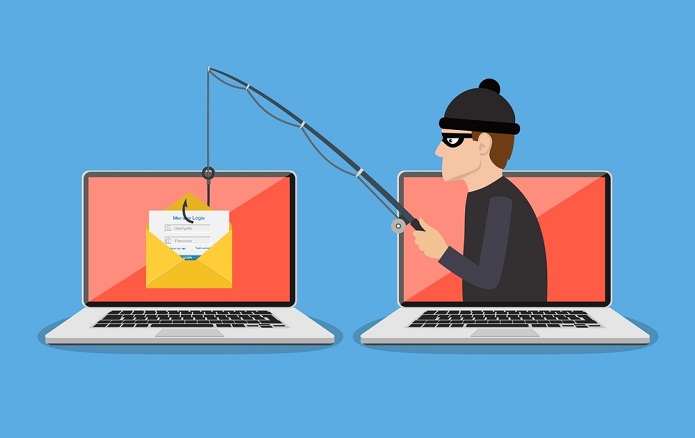
Don’t take the bait: How to recognise and avoid Phishing Attacks
By Nicholas Robshaw
Phishing attacks are one of the greatest and most common threats to all computer users. As these attacks become more common and sophisticated it is imperative that end users and businesses alike learn how to identify Phishing and and what actions to take when being targeted. In this Blog we aim to highlight some of the most common forms of Phishing and help you to avoid becoming a victim.
Common Phishing Attack Methods:
Mass-Scale Phishing
Attack where fraudsters cast a wide net of attacks that aren’t highly targeted.
Mass Phishing attacks commonly contain very impersonal messages, grammatical errors, scare tactics or bribes (requesting money and Bitcoins), compressed attachments (common file types are .doc, .xls, .ppt, .pdf), impersonation of well known brands.

Spear Phishing
Tailored to a specific victim or group of victims using personal details.
Spear Phishing attacks are far more targeted and are often highly personalised. These attacks will often be addressed to you and reference colleagues or friends and family. A common feature of these attacks are Spoofed email addresses.These are designed to look like they have been sent by a senior member of your organisation, often requesting that you make an urgent bank transfer or payment.

What can you do to stay safe?
- Always be suspicious of any unsolicited communication from businesses or individuals.
- Don’t click on links or attachments in suspect emails.
- Directly contact the purported sender via their official website, phone number, or email address if you are unsure about the legitimacy of a message you have received.
- Report suspected phishing scams to your IT Team.
- Junk and block senders rather than Unsubscribing as this indicates to the scammer that the email address is an active one.
- Be careful what you share on social media as your personal information is often the source of Spear Phishing attacks.
If you would like to learn more about Phishing and how you can stay safe call your team of IT expert, Apollo IT on 01803 444 555 today.

